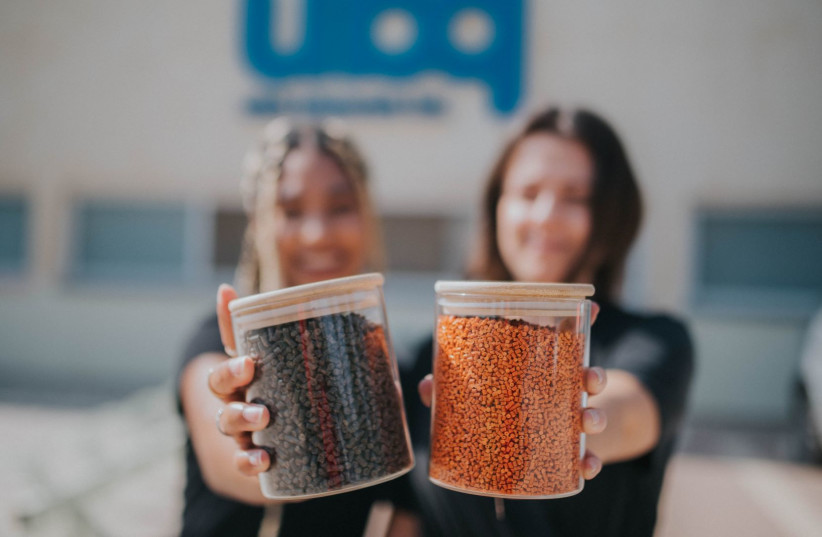International food and beverage conglomerate PepsiCo will begin using Israeli-made sustainable materials as part of its goal to reach net-zero carbon emissions by 2040.
UBQ materials, the titular product developed by Israeli startup UBQ Materials, is a bio-based thermoplastic converted from unsorted waste such as mixed plastics, paper, cardboard and organics. During the manufacturing process of UBQ Materials' product, waste is diverted and greenhouse gas emissions are prevented.
More than 739 kgs. of mixed waste will be redirected from landfills and looped back into the material, as the implementation of UBQ's material is set to save the equivalent of more than 6,500 kgs. of greenhouse gas emissions.
PepsiCo's move is part of the brand's new strategy to put sustainability at the heart of its business, a project branded PepsiCo Positive.
The first phase of PepsiCo's project includes the manufacturing of 830 ecological pallets for use in two of the company's logistics centers.

"This innovation is very exciting for PepsiCo because it helps us on our journey through materials that replace virgin plastic while at the same time working on CO2 reduction," Senior Director of Operations at PepsiCo LatAm Raphael Cyjon said.
The possibility of implementing UBQ as a raw material for other applications across the supply chain is also being studied.
UBQ, the Israeli cleantech company, also worked with customers such as Mercedes-Benz, global retail solutions provider Mainetti and Arcos Dorados, the world's largest franchisee of McDonald's restaurants across Latin America.
